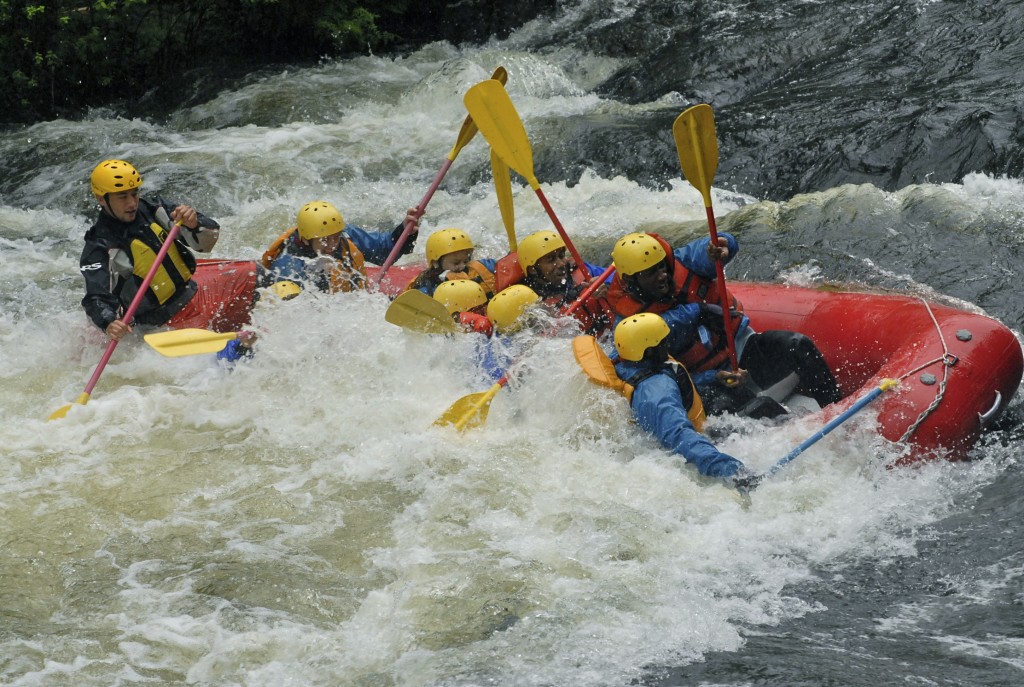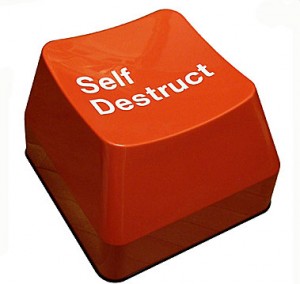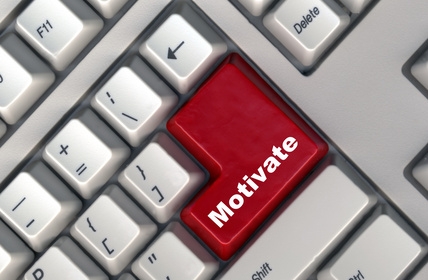Two months ago I ventured to upstate New York to conquer the Indian and Hudson Rivers in the form of white water rafting. To say it was an awesome experience is an understatement. The weather was simply horrible, but it added to the mystique of our adventure. I was invited to participate in a guys only weekend trip by Steve Bollar, upper elementary principal and motivational speaker (@StandTallSteve). This is an annual trip, but this was the first time I’ve ever gone. Footnote #1: if you don’t have a guys or ladies weekend with friends, you need to start!
Our adventure began on Friday with a five and half hour drive from Philadelphia, PA airport to North Creek, NY. The only guy I knew was Steve, so the road trip was one of the most important parts of our journey. We talked, laughed, reflected on life, and developed friendships along the way. Without this time, the overall experience would not have been as great as it was. Footnote #2: nearly every meaningful experience in life boils down to the relationships you have with others. Dr. James Comer said it this way, “No significant learning takes place without a significant relationship.”
Once we hit the water on Saturday, we spent several hours rafting during the 17 mile trek along the Hudson River. The backdrop was the Adirondack Mountains in 60 degree temperature and rain. Did I mention I can’t swim? Well, if not, now you know.
As I reflect on our trip, I realize I learned a great deal about leadership. Following are lessons learned:
- To do something new, someone has to initiate change. Steve Bollar was the connector of this trip. He’s done this before and invited friends from New Jersey, Maryland, Pennsylvania, and me from Ohio. Without Steve taking the initiative to set this up, the trip would not have occurred. Leaders take charge, research, and create new opportunities for others to grow.
- As a leader, influence matters. When Steve first asked me to attend, I thought of every excuse why I couldn’t attend: “I can’t swim,” “I have an administrative luncheon,” “I needed to be at school (even though the students were gone).” Steve listened to my excuses, but then followed up by sharing his past experiences of white water rafting. He also talked passionately about his friends that he wanted me to meet. By the time he was finished, I couldn’t say no! Leaders not only present the facts, they also tell compelling stories to convey a particular message.
- Communication is essential. Since three of the six guys in the raft had never been white water rafting, communication was key. However, the part of communication I’m referring to is listening. We had to listen very closely to our guide who was not only highly qualified, but he was every effective. When sharing something new, leaders use clear, concise language , but the leader also listens to the followers in the organization.
- It’s much easier to go through rough waters with others.Tough times are inevitable, but going through them alone is not. “We” is much better than “me.” With technology, the “WE” in our lives is much greater than ever.
- Take a chance and learn something new. How can we as educators and leaders expect others to try new things if we don’t? Model what you expect and you’ll see more of it. I mention this because as I stated earlier, I can’t swim so to go white water rafting was a major stretch for me. At one point during the trip we came upon an extremely large boulder sticking out of the water. Our guide indicated that we could climb the boulder and jump off into the 20 feet deep river. I thought, “Yeah, right. I’m going to sit right here.” Well, as we got closer we all started looking at each other and one by one, I heard, “I’m in!” I had this internal conflict going on: “If you jump and die, your wife is going to kill you!” “But, I’m with a number of people that can swim, I’ve got on the right equipment, others have shown it’s safe, what’s the worst that could happen?” I thought. Well, the worst that could happen is that I could die! After much contemplation I finally said, “I’M IN!” I climbed the rock with the help of our guide, approached the edge, looked down, backed up, took three big steps, held my nose, and…. splash! I can still feel the warm, clean, and fresh water take me in and everything just stopped for a moment… I did it!
That was an aha moment for me. Why? I realized that as leaders if we provide the right training, modeling, resources, support, and safe environment for others to take risks, the possibilities of what we can accomplish together are endless.
Be Great,
Dwight





